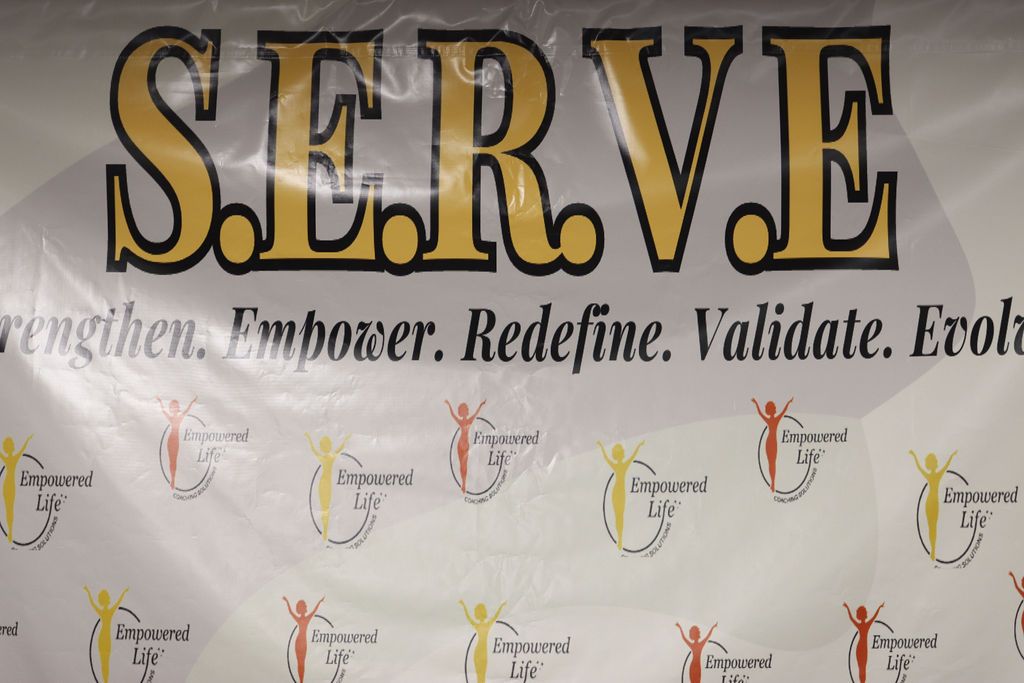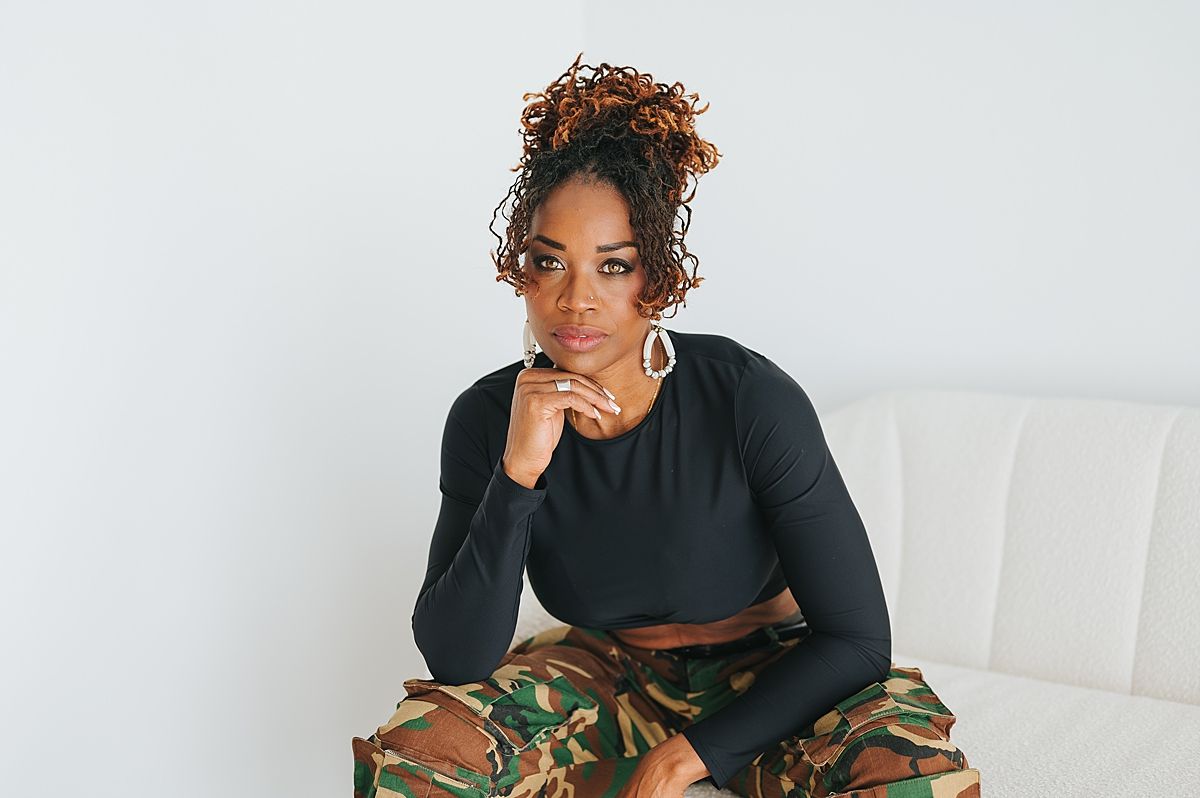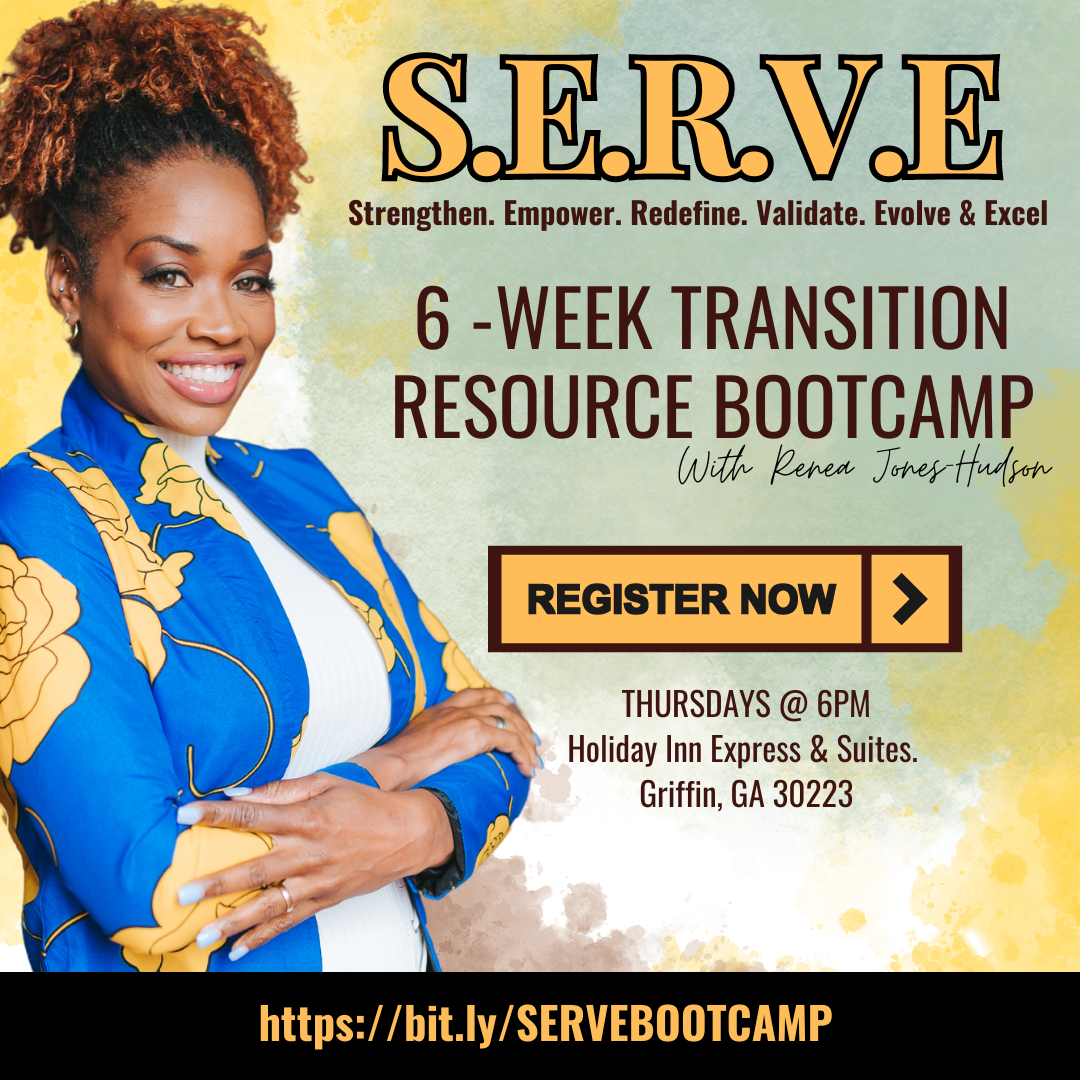Can food/drinks mess with your sleep
Here's what not to do!
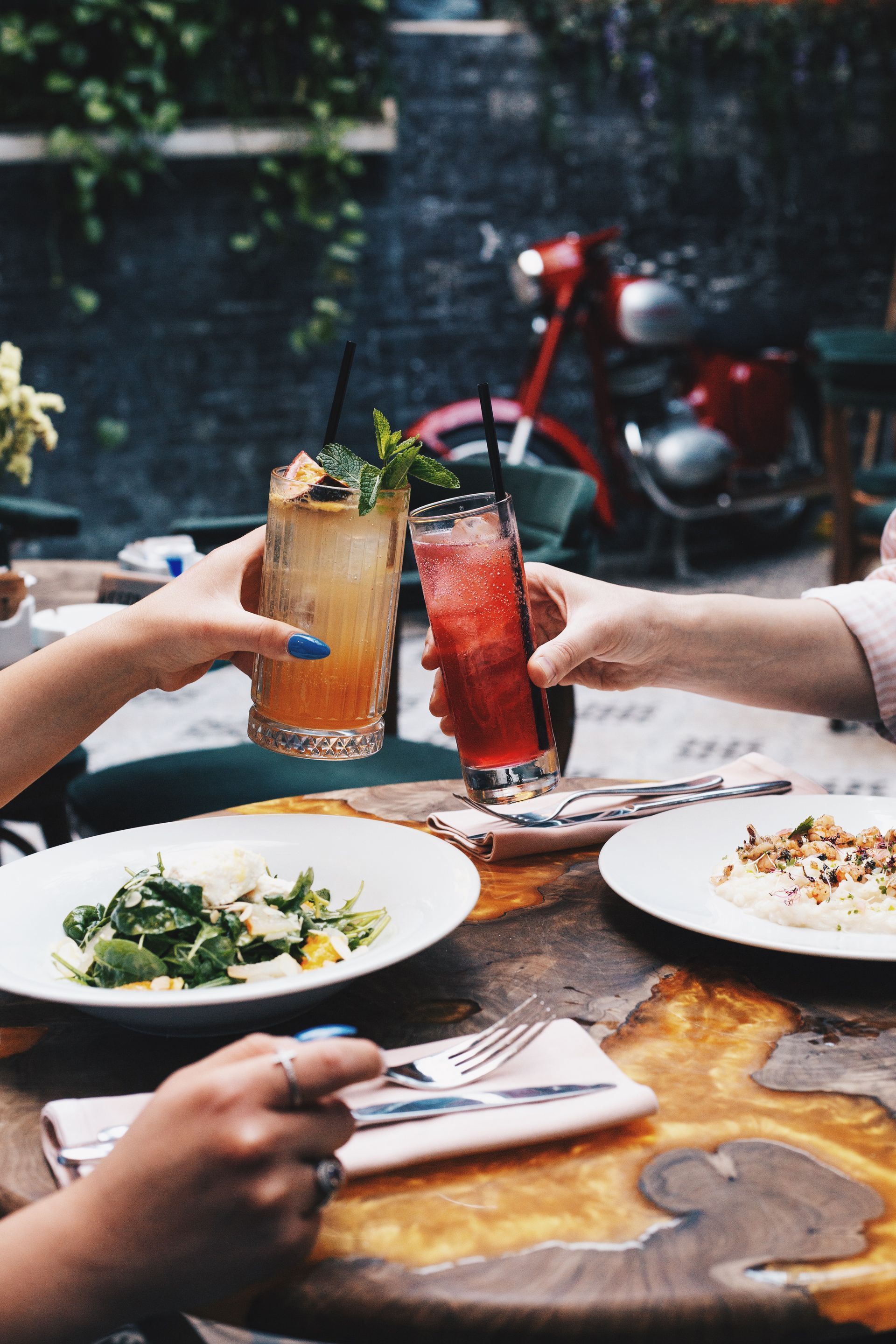
The short answer is “yes.” Sometimes food and drinks can disrupt your sleep.
Good sleep isn’t only about neurotransmitters that impact your brain and sleep patterns. How your body digests and break down or eliminates what you eat and drink can also affect your ability to fall asleep and stay asleep.
1. Your digestion tends to slow down during sleep. So, if heartburn or indigestion cause nighttime discomfort, avoid eating large meals or troublesome foods (like spicy or acidic foods) within a few hours of bedtime.
2. If you wake up at night to go to the bathroom often, consider getting all the fluids you need earlier in the day to stop drinking an hour or two before bedtime.
It’s common to feel relaxed and tired after a cocktail or glass of wine at night, but does that nightcap help you get enough high-quality sleep?
Alcohol can help you fall asleep, but feeling sleepy doesn’t mean you’ll get a good night’s sleep. Drinking alcohol often leads to fragmented sleep, where you wake up several times throughout the night.
3. Alcohol suppresses your essential REM sleep and can lead to more vivid dreams and nightmares, sleepwalking and other disruptive sleep disorders, insomnia, and even breathing problems like sleep apnea. As more alcohol is consumed, sleep quality tends to get worse.
4. Not to mention the next day: a morning after drinking alcohol can bring grogginess that prevents you from feeling like your best self for the whole day.
5. These sleep disturbances happen because, as your body breaks down and metabolizes the alcohol, it disrupts the natural, healthy sleep cycle that helps you have sound and restful sleep. The metabolism of alcohol is what prevents you from waking up feeling refreshed and rested.
Alcohol {messes up your sleep/acts as a sleep buster] because it affects your body’s physiology and biochemistry. For example:
- Several hours after drinking alcohol, your body releases the stress hormone epinephrine (adrenaline), a stimulant that increases your heart rate and causes you to wake up.
- People who drink alcohol tend to have more leg movements during sleep, often waking them up when they should be sleeping.
- Alcohol can reduce your melatonin levels.
- Drinking alcohol can worsen indigestion and heartburn and increase the need to wake up to go to the bathroom when you should be sleeping soundly.
If getting high-quality sleep is important, consider reducing alcohol, especially before bedtime.
Sleep is crucial for optimal health and well-being. Many struggle to get the coveted 7-9 hours of uninterrupted sleep every night and don’t wake up refreshed and energized. But there are things you can do to start turning that around.
Changing what and when you eat and drink can positively impact your body’s ability to fall and stay asleep. Keep caffeine in the mornings, enjoy a nutritious diet and movement throughout the day, and cut back on alcohol. This way, you can look forward to waking up rested and recharged while caring for your body and mind.
Could any of the ideas mentioned above help you sleep better? #sharehere
Courtesy, Sohailla Digsby, RDN, LD – the
“RD on your Team”
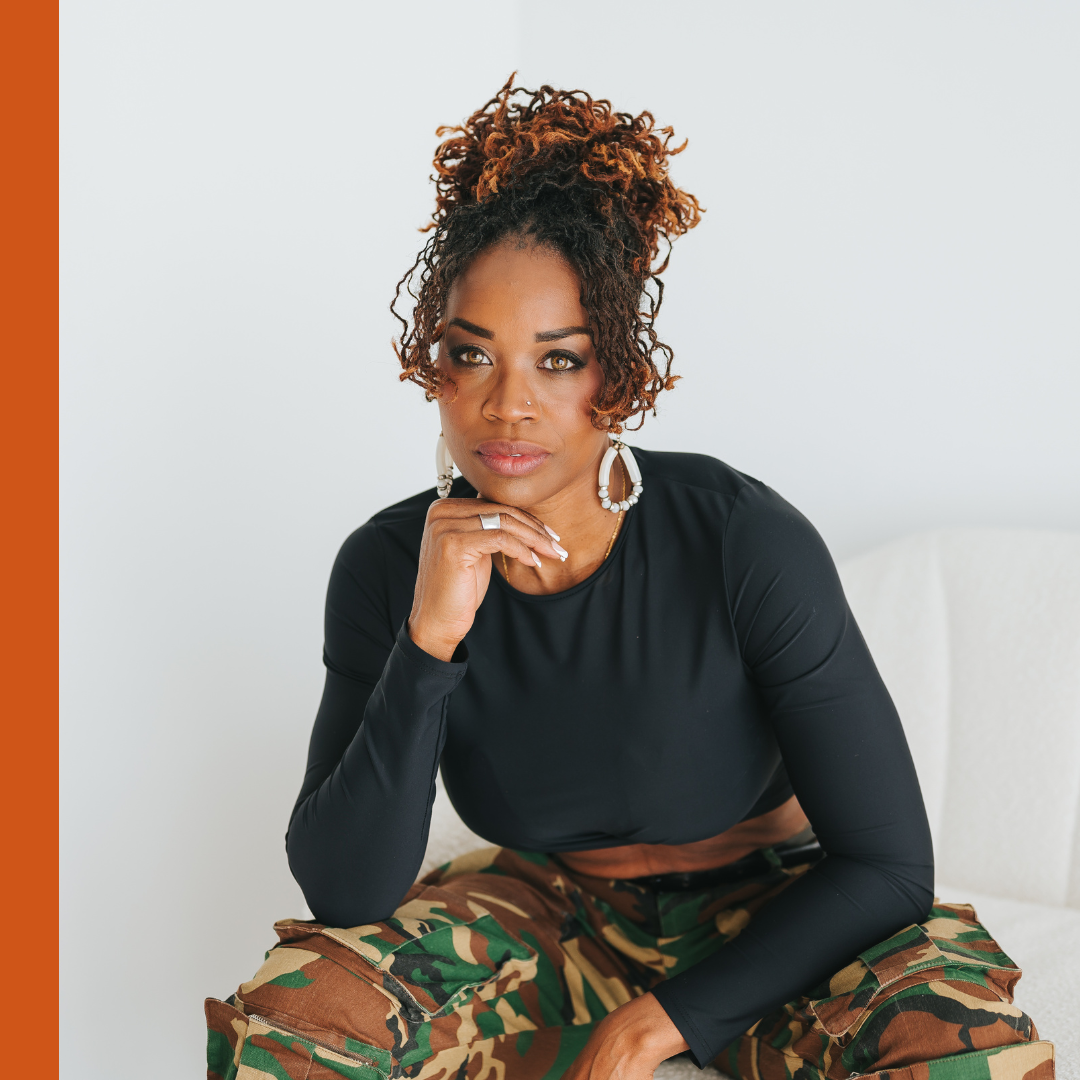
I’m Renea Jones-Hudson
A retired army veteran, international bestselling author, and empowerment coach. I help military and veteran women transition to civilian life, unlocking their unique talents and achieving personal and financial growth through empowering sessions and proven strategies.
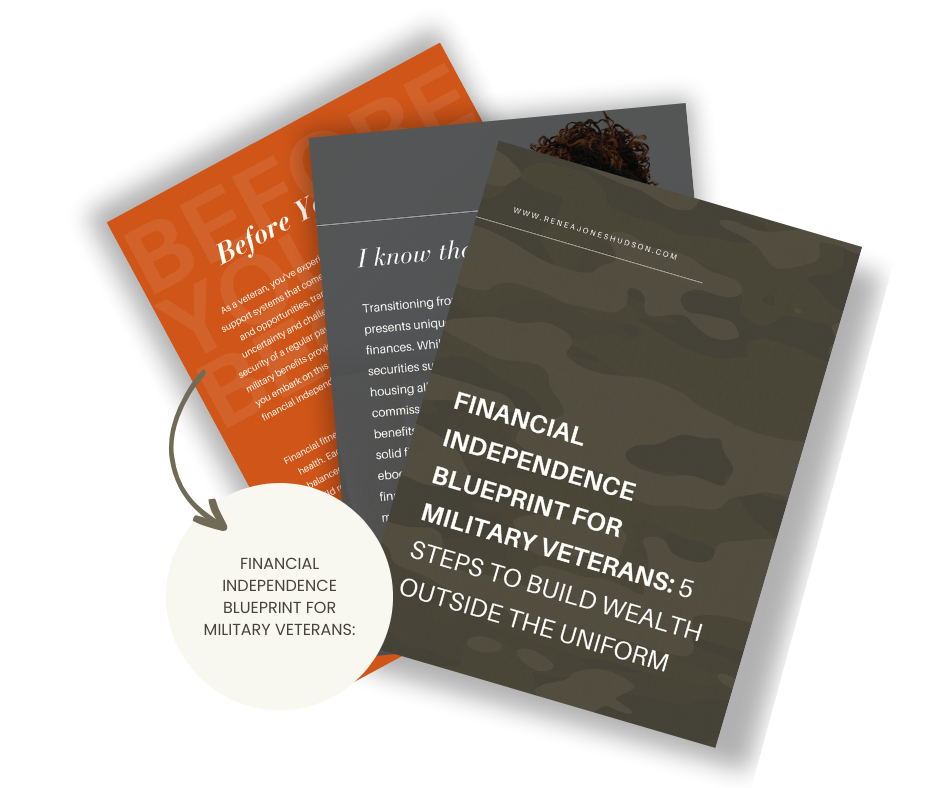
Financial Independence Blueprint for Veterans: 5 steps to build wealth outside the uniform
